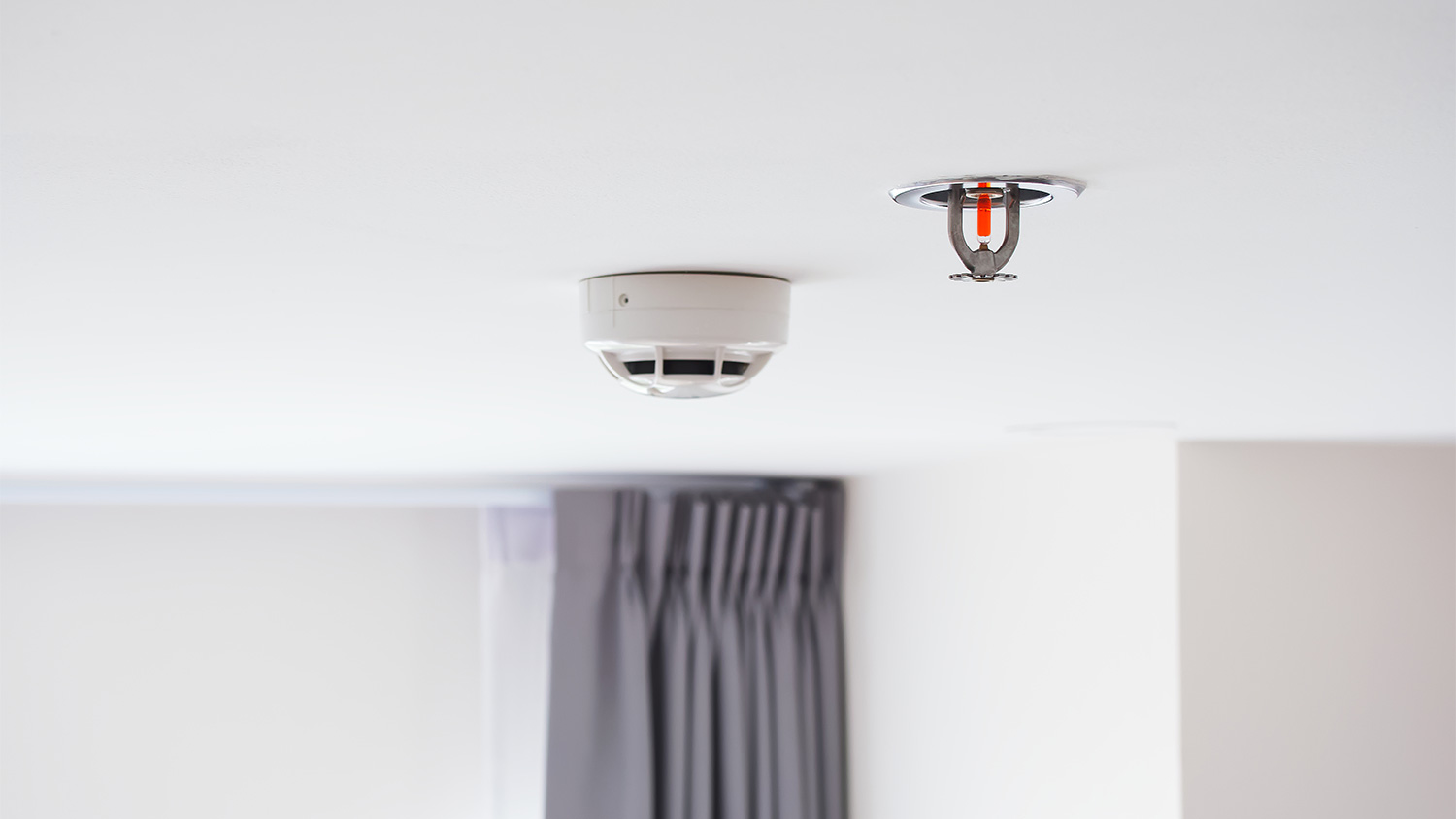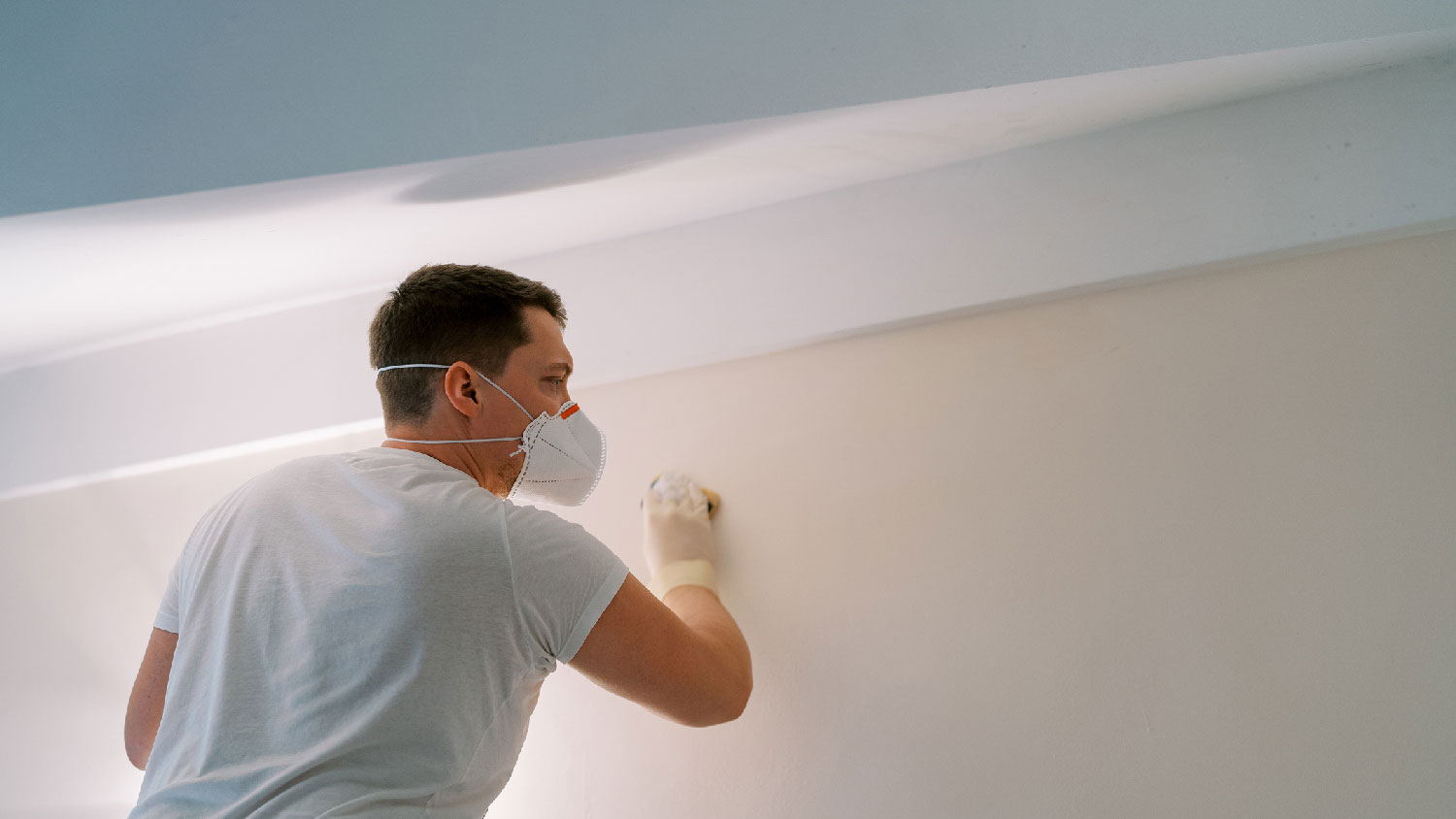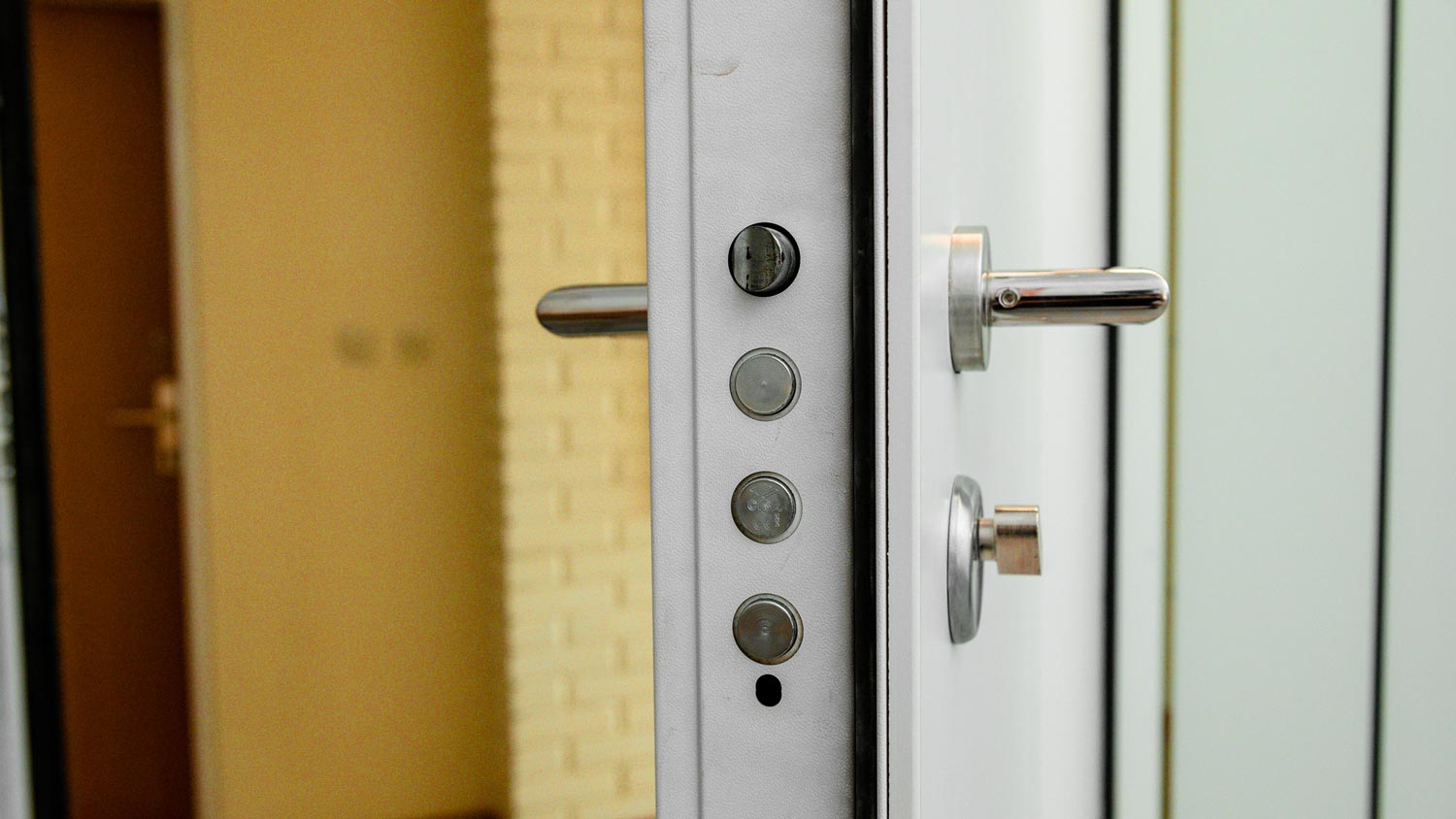
Use this guide to budget for chimney inspection costs based on factors like inspection level and the additional chimney services you choose.
A licensed plumber installs fire sprinkler systems in homes and commercial buildings to meet codes, pass inspection, and ensure safe activation


Fire sprinkler installation is best handled by a licensed plumber with fire sprinkler experience for safe, code-compliant results.
Costs are usually priced per square foot, and materials like CPVC piping and insulation affect final pricing.
Proper installation protects your property and helps you pass the required inspection before activation.
Expect faster timelines on straightforward installs and potential maintenance savings through discounted service plans.
Schedule inspections early and confirm permit requirements, as some municipalities require certified pros to pull permits.
This article was created using automation technology and thoroughly fact-checked and edited by HomeAdvisor Editor Ryan Noonan.
If you are asking who installs fire sprinkler systems, the answer is a licensed plumber with fire sprinkler installation experience. Your system must meet state and local fire codes, and a certified professional may need to pull permits. An inspection is required before activation. Simple installs can finish in as little as four hours, while larger or complex jobs take a few days. This guide helps you hire for safe, compliant work.
Hiring an experienced plumber ensures your system meets local codes and passes inspection. Professional installation improves safety and helps protect your home and assets. Costs often remain affordable, with pricing commonly calculated per square foot. Plumbers can also coordinate other sprinkler projects and may offer maintenance plans or discounts that reduce long-term service costs.
Consider these other reasons to hire a plumber to install fire sprinklers:
Verifies compliance with state and local fire codes
Pulls required permits when municipalities mandate certified pros
Designs to existing plumbing or new builds effectively
Minimizes risk of failed inspection or fines
Installs CPVC piping and insulation correctly
Coordinates multi-area sprinkler projects efficiently
Offers maintenance plans or discounted future service
Completes straightforward installs in as little as four hours
Provides end-to-end testing for safe activation
Patches and conceals piping for clean finishes when needed
You can hire a handyperson, but a licensed plumber with fire sprinkler experience is the better choice for installation. Knowledge of local ordinances and fire codes is essential to avoid failed inspections and fines. A handyperson is well-suited for post-install maintenance tasks, such as testing valves, checking water pressure, and flushing pipes every six to twelve months. Only consider a handyperson for installation if they fully meet code expertise and requirements. If you want to ensure your project meets all local requirements, consider hiring a local plumber to handle the installation safely and efficiently.
In older buildings, plumbers add piping to existing plumbing before attaching sprinkler heads. On new commercial properties, they connect the sprinkler system directly to the water main.
Check home water pressure, and turn the water off.
Install the system in the basement or outside and under cover.
Run the pipes from the basement through walls upstairs.
Install sprinkler heads.
Conceal pipes and patch drywall if required.
Test the system thoroughly.
Schedule the required inspection before activation and allow a few days. Address any corrections promptly.
Expect fire sprinkler installation to cost $2 to $7 per square foot. Some states have made installation more affordable, with costs under $1 per square foot in certain areas. For a 2,500-square-foot home, plan on at least $2,000. Total price varies by building size, retrofit complexity versus new build, local code and permit requirements, materials, and labor scope. Some contracts include maintenance plans or discounted future service, helping manage long-term costs.
From average costs to expert advice, get all the answers you need to get your job done.

Use this guide to budget for chimney inspection costs based on factors like inspection level and the additional chimney services you choose.

Learn how to budget for fire pit installation by exploring how factors such as the fuel type, design, size, and labor rates affect your total costs.

Budget for lightning rod installation costs based on factors such as rod type, protection system type, labor, upgrades, and more.

Learn who to call for smoke damage restoration. See why a smoke restoration company is best, what they do, and typical costs

Who installs electric garage heaters? Hire an electrician for safe, code-compliant installs. Explore costs, steps, and other pro options to get it done.

Who installs fire doors? Learn which door installation experts to hire and what qualifications to look for before you book a pro.